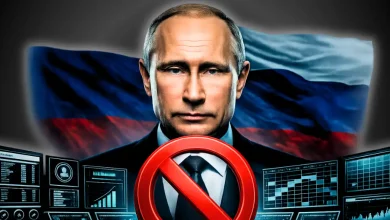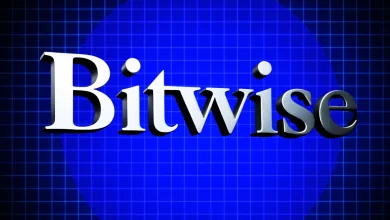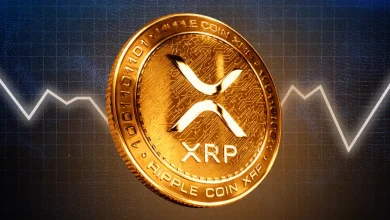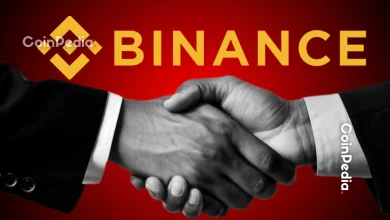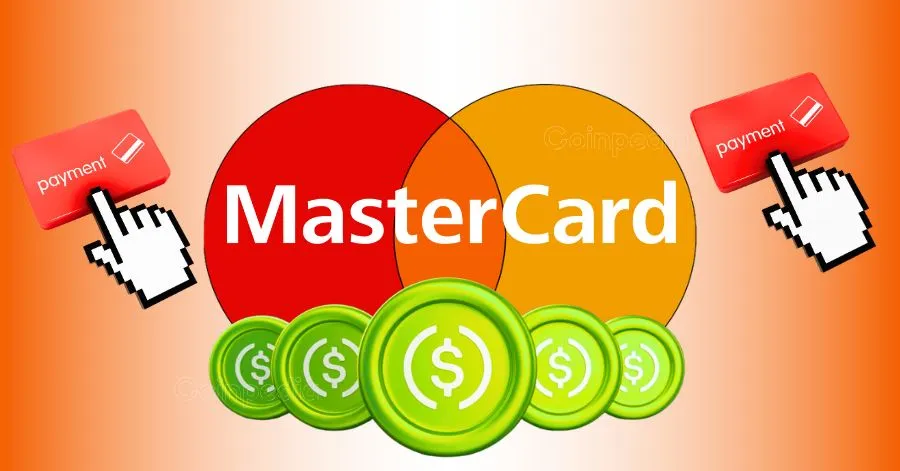
Mastercard sees crypto as a payment technology, expanding services in Europe with partnerships and crypto-linked cards.
While a proprietary blockchain is possible in the future, Mastercard focuses on interoperability, compliance, and secure transactions.
Mastercard is steadily expanding its footprint in Europe’s crypto landscape, exploring new ways to integrate digital assets into traditional finance. Rather than seeing crypto as a threat, the payments giant views it as an opportunity to enhance existing systems, bringing more security, flexibility, and innovation to the financial sector.
Christian Rau, the company’s Head of Crypto for Europe, revealed that building its own blockchain is a possibility in the long term.
In a recent interview with The Big Whale, Rau explained that Mastercard does not view crypto as a disruptive threat but rather as a payment technology that can be integrated into existing systems.
The company has already rolled out on-chain and off-chain crypto services, along with crypto-linked payment cards, in partnership with players like MetaMask, Bitget, and MoonPay. These collaborations aim to bring digital assets closer to everyday merchant transactions.
Rau said the company sees cryptocurrencies as a potential payment technology rather than a revolution, with its strategy focused on “secure and compliant payments.”
Stablecoins vs Mastercard
Rau acknowledged that stablecoin transaction volumes have already overtaken Mastercard’s in scale. However, he stressed that the company sees them as settlement tools rather than competition. While Mastercard processes around 5,000 transactions per second, its strength lies not just in speed but in supporting features such as anti-fraud measures, compliance systems, and consumer protections, areas where stablecoins still lag.
Blockchain Still on the Table, But Timing Matters
Although Mastercard has not launched its own public blockchain, Rau left the door open. “We prefer interoperability with existing solutions. But if none can meet our needs, we will also consider it,” he said. This signals a cautious but open stance, suggesting that if current blockchain frameworks fall short, Mastercard could move forward with developing one tailored to its requirements.
Mastercard’s careful approach comes at a time when Europe is reassessing the resilience of its financial infrastructure. A recent outage that disrupted several French banks highlighted the risks of overreliance on traditional systems, giving more weight to discussions around blockchain and decentralized technologies.
What Next?
By framing crypto as a complement rather than a rival, Mastercard is positioning itself as a bridge between traditional finance and emerging technologies. While a proprietary blockchain is not yet on the horizon, the company’s strategy reflects a readiness to adapt if market demands it. For now, the focus remains on interoperability, compliance, and building practical payment solutions powered by crypto.
Never Miss a Beat in the Crypto World!
Stay ahead with breaking news, expert analysis, and real-time updates on the latest trends in Bitcoin, altcoins, DeFi, NFTs, and more.
FAQs
South Korea adopted the OECD’s Crypto-Asset Reporting Framework (CARF), requiring exchanges to report foreign investor transactions and share data globally from 2026.
No. Mastercard sees crypto as complementary technology to enhance payment systems, focusing on security, compliance, and interoperability rather than disruption.
It’s a long-term possibility. Mastercard prefers interoperability but may develop its own blockchain if existing solutions don’t meet its needs for scale and compliance.
Trust with CoinPedia:
CoinPedia has been delivering accurate and timely cryptocurrency and blockchain updates since 2017. All content is created by our expert panel of analysts and journalists, following strict Editorial Guidelines based on E-E-A-T (Experience, Expertise, Authoritativeness, Trustworthiness). Every article is fact-checked against reputable sources to ensure accuracy, transparency, and reliability. Our review policy guarantees unbiased evaluations when recommending exchanges, platforms, or tools. We strive to provide timely updates about everything crypto & blockchain, right from startups to industry majors.
Investment Disclaimer:
All opinions and insights shared represent the author's own views on current market conditions. Please do your own research before making investment decisions. Neither the writer nor the publication assumes responsibility for your financial choices.
Sponsored and Advertisements:
Sponsored content and affiliate links may appear on our site. Advertisements are marked clearly, and our editorial content remains entirely independent from our ad partners.

